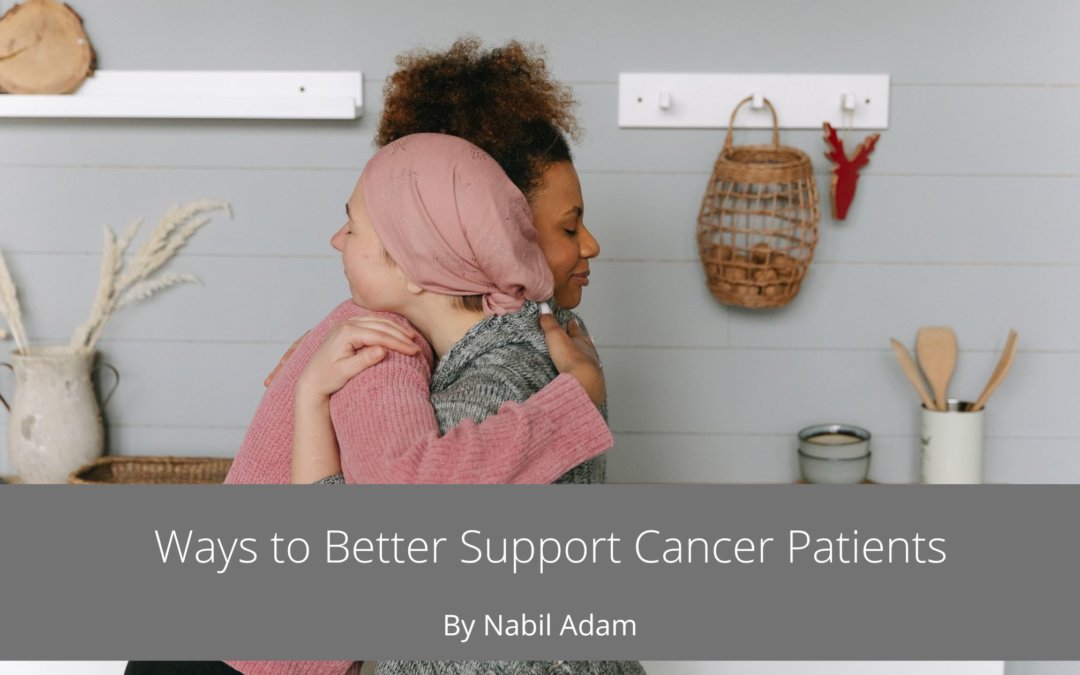Although caregivers and cancer patients prioritize different aspects of their treatment, providers should still address these issues to enhance their patients’ experience.
A study that analyzed the various aspects of cancer treatment identified areas of concern for patients and caregivers. The researchers created a list of the concerns of cancer patients and caregivers. Among the issues was a lack of awareness about the impact of cancer on the mental health of patients and their families.
The researchers categorized the various aspects of cancer treatment into five categories. They identified the emotional, spiritual, physical, informational, and social aspects of the treatment that were most important to the patients and their caregivers.
The survey results revealed that the main concerns of cancer patients were fear, pain, and dread. The list of concerns of the caregivers included various terms such as anger, frustration, and sadness. On the other hand, the physical aspects of cancer treatment were less notable to the patients and their caregivers.
The study’s findings revealed that the primary concerns of cancer patients and their caregivers were not exclusively about the needs of the patients. They also identified the various social and emotional needs of the patients.
The study noted that the varying priorities of cancer patients and their caregivers could affect the quality of care they receive. Various aspects of cancer treatment must be considered in developing comprehensive care plans.
Family caregivers play a vital role in providing care for patients. It is, therefore, important that healthcare organizations consider their concerns when it comes to the discharge process.
Family caregivers can help reduce the financial burden on cancer patients by providing at-home care for free. This type of care can significantly help patients and their families.
Unfortunately, despite the family caregivers’ importance, many are not receiving the proper support during the discharge process.
A survey conducted by Lincoln Financial Group revealed that about 70% of the respondents believe they lack the necessary skills and experience to provide the best possible care for their cancer patients. The survey also revealed that many caregivers did not anticipate the intense responsibility they would have to perform during the care process.
Due to the demands placed on them, many caregivers need to receive greater support. Healthcare organizations must provide the necessary resources to help provide the best possible care for patients.

